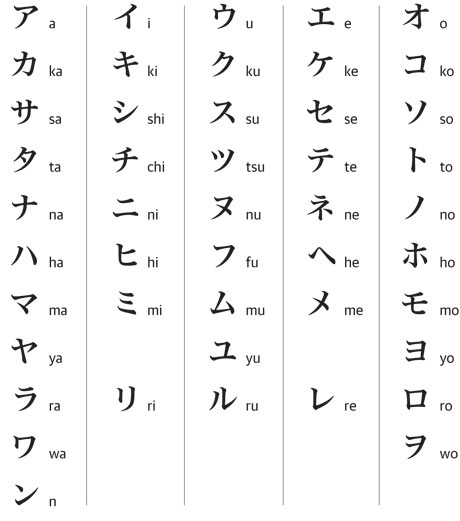Re: The Japanese Language Learning Thread (v2.0)
The book I got it from is at my boyfriend's and I can't remember the name. 'Marker for reported speech' as I worded it, is the same as saying 'spoken quotation mark', so our books are in agreement anyway. I can get the name as soon as I have my hands on the book if you're still interested (it IS a bloomin' good book actually).
I mailed my Japanese friend about this and her reply was;
'Btw about using ''tte''.....yeah we use alot to friends or even not to friends .....its a speaking word for ''said'' you know.
its like this.
ex) he said he can't do it.→kare wa dekinai to itta.
this is proper translation but instead of this we speak....
''kare wa dekinai tte''......this 'tte' includes ''tte itta''.
we don't say ''tte itta'' cos we already understand 'tte' includes that.
you know what i mean??
well I hope you understand what I'm talkng about....'
Please note people, that while I am happy and willing to try to explain things as I understand them, I learned mainly through imitation and self-study. The closest to formal lessons was meeting up with a Japanese student in a cafe, who I paid for lessons from a book called 'Japanese for Busy People II'. This didn't last long though because we found out we had a lot in common and soon became friends instead. I am no expert, my Japanese sucks and I only remember about 200 kanji (at best). So please, please don't take my word for anything.
I noticed you used the 'masu' form kijani. Would it be better if we stick to polite Japanese? I would rather not if only because I need Japanese mainly for speaking casually to friends, who tend to tease me if I am too polite, and also it is much harder to learn this level of speech from 'teach yourself' courses. But I will do whatever keeps everyone happy and am just as happy to use 'to iimashita' as I am to use 'tte'.
Originally posted by kijani
View Post
I mailed my Japanese friend about this and her reply was;
'Btw about using ''tte''.....yeah we use alot to friends or even not to friends .....its a speaking word for ''said'' you know.
its like this.
ex) he said he can't do it.→kare wa dekinai to itta.
this is proper translation but instead of this we speak....
''kare wa dekinai tte''......this 'tte' includes ''tte itta''.
we don't say ''tte itta'' cos we already understand 'tte' includes that.
you know what i mean??
well I hope you understand what I'm talkng about....'
Please note people, that while I am happy and willing to try to explain things as I understand them, I learned mainly through imitation and self-study. The closest to formal lessons was meeting up with a Japanese student in a cafe, who I paid for lessons from a book called 'Japanese for Busy People II'. This didn't last long though because we found out we had a lot in common and soon became friends instead. I am no expert, my Japanese sucks and I only remember about 200 kanji (at best). So please, please don't take my word for anything.
I noticed you used the 'masu' form kijani. Would it be better if we stick to polite Japanese? I would rather not if only because I need Japanese mainly for speaking casually to friends, who tend to tease me if I am too polite, and also it is much harder to learn this level of speech from 'teach yourself' courses. But I will do whatever keeps everyone happy and am just as happy to use 'to iimashita' as I am to use 'tte'.






Comment